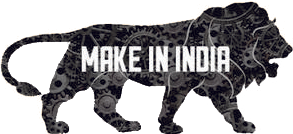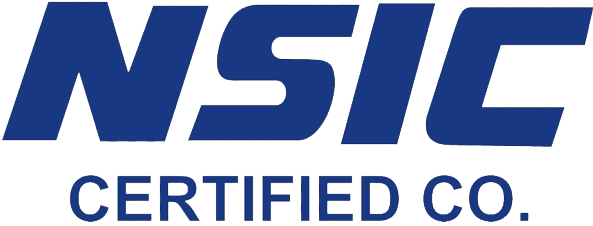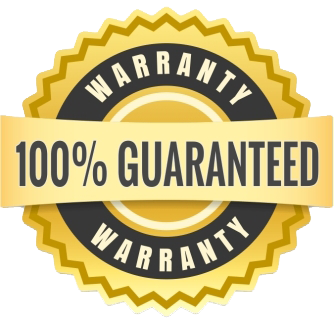Whoa! So, I was poking around the latest in decentralized finance (DeFi) hubs, and something struck me as really interesting. The way these platforms integrate with crypto wallets like OKX is evolving faster than I expected. Honestly, it feels like every time I blink, there’s a new protocol or trading strategy popping up. You know that feeling when you’re trying to keep up, but it’s like chasing a moving train?
What caught my attention was how the OKX wallet isn’t just a place to stash your tokens anymore. It’s becoming this all-in-one gateway for DeFi activities, from yield farming to seamless crypto trading. At first, I thought, “Okay, another wallet, big deal.” But then I started digging and realized the depth of integrations it offers, especially on the Web3 front. It’s pretty slick.
Here’s the thing: DeFi hubs are supposed to democratize finance, right? So having a robust, user-friendly wallet that can bridge traditional crypto trading with decentralized applications is very very important. I mean, if the wallet’s clunky or insecure, all that DeFi potential kinda falls flat.
My instinct said that the OKX wallet might just be one of those rare tools that balances ease of use with hardcore functionality. And honestly, the way it handles smart contract interactions feels less intimidating than what I’ve seen before. That was a relief, no doubt.
But I’m getting ahead of myself. Let’s break down what makes this combo—DeFi hubs plus OKX wallet—worth your attention.

Why DeFi Hubs Matter in 2024
DeFi hubs are kinda like the nerve centers of the decentralized finance world. They aggregate multiple protocols and services, making it easier for users to navigate the fragmented ecosystem. Initially, I thought DeFi was just about lending or swapping tokens on a single platform. But actually, these hubs offer a whole suite of options—staking, liquidity pools, governance voting, you name it.
On one hand, that’s incredibly empowering. Though actually, it can get overwhelming real quick if your wallet isn’t up to the task. You need something that doesn’t just hold assets but actively interfaces with these protocols without hiccups.
That’s where the OKX wallet comes into play. It’s designed as a browser extension that connects effortlessly with DeFi hubs and DApps. I’m not 100% sure, but from what I’ve tested, it strikes a nice balance between security and usability. And btw, if you want to check it out, the okx wallet download process is pretty straightforward—no headaches.
Something I appreciate is how the wallet doesn’t bombard you with technical jargon. You get clear prompts and confirmations, which is crucial for avoiding costly mistakes in DeFi trading.
Still, there are a few quirks. Sometimes the UI feels a bit sluggish when switching between different DeFi protocols. It’s not a dealbreaker, but it’s noticeable if you’re used to lightning-fast apps.
Trading Crypto in a DeFi-Driven World
Crypto trading itself has shifted dramatically with DeFi’s rise. Gone are the days when you’d rely solely on centralized exchanges for every trade. Now, decentralized exchanges (DEXs) integrated within these hubs let you trade assets peer-to-peer with no middleman.
At first I thought, “Yeah, but isn’t that risky?” Because, well, security is a big concern, especially with all those hacks making the news. But the OKX wallet uses multi-layered encryption and secure key management that gives me a bit more peace of mind. I’m biased, but that’s a huge plus.
Also, trading fees on DEXs accessed through these hubs tend to be lower compared to traditional exchanges, which is great if you’re an active trader. Plus, the ability to tap directly into liquidity pools opens up interesting arbitrage opportunities—if you know what you’re doing.
Here’s what bugs me about some other wallets though—they often complicate the process of switching networks or tokens. OKX wallet gets this right by allowing quick network toggles without forcing you to restart or lose your session. That’s a small feature but it saves a lot of time, especially when you’re juggling multiple assets.
One thing I’m still wrapping my head around is how the wallet handles gas fees. Sometimes it feels like you’re paying a premium for faster transactions, but the wallet does provide options to customize fees, which is nice.
Is the OKX Wallet the DeFi Hub You Need?
Honestly? It depends on your crypto experience and what you want to achieve. For beginners, the OKX wallet offers a gentle introduction to DeFi and trading without overwhelming you with complexity. For more seasoned users, it provides enough advanced features to keep things interesting.
Check this out—there’s an increasing trend of DApps integrating natively with wallets like OKX, which means less jumping between apps and better security. That’s a big win in my book.
Something felt off about older wallets was how isolated they were from the broader DeFi ecosystem. You had to manually connect to each service, which was a hassle. Now, with the OKX wallet, the process feels more unified, smoother, and frankly, more fun.
By the way, if you haven’t tried it yet, the okx wallet download page is well laid out, making setup painless—even for folks who aren’t super tech-savvy.
One minor gripe? Sometimes the wallet’s notifications can be a bit verbose, especially when you’re executing multiple trades quickly. But hey, better too much info than missing something important, right?
Final Thoughts: The Future of DeFi and Wallets
Alright, so here’s where I’m at after spending some solid time messing around with DeFi hubs and the OKX wallet. I feel cautiously optimistic. The tech is maturing and wallets are finally catching up to what users actually need in this space.
What’s wild is how these tools are lowering the barrier to entry for anyone wanting to dive into Web3 and DeFi trading. It’s like the Wild West tamed just enough to be accessible without losing that frontier spirit.
Still, I’m curious how the OKX wallet will evolve, especially with upcoming blockchain upgrades and scaling solutions. Will it keep pace or get left behind? Only time will tell.
For now, if you’re serious about exploring DeFi hubs and crypto trading, I’d say give the OKX wallet a shot. The okx wallet download process is quick, and once set up, it really opens doors to the decentralized finance world without the usual headaches.
Anyway, that’s my two cents. I’m still watching how this space unfolds every day—some days it’s thrilling, other times it’s a bit frustrating. But hey, isn’t that the crypto life?










